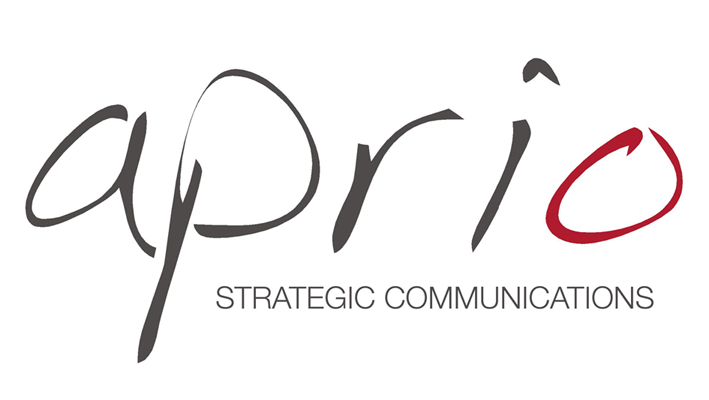What can PR pros learn from the spring grilling season, which is finally upon us? As it turns out, applying grilling tips to marketing produces some tasty results.
1. Select a cooking method.
What’s better, gas or charcoal? The answer likely depends on who you’re asking and their preferences in regards to flavor, convenience and cost. An initial step in forming a communications strategy is to identify audiences and consider their values and priorities, as well as how they prefer to consume information.
2. Don’t forget to preheat.
Heating up the grill 15-25 minutes before starting to cook kills bacteria and ensures properly-cooked food. Similarly, planning ahead and allowing enough time for target audiences to get fired up and excited is often essential to PR success. A preheated grill sears food immediately and improves flavors through caramelization. Likewise, if you hit people with a carefully-crafted campaign that took some preparation, they’ll love it first bite and won’t forget it.
3. Marinate.
The best ideas often rise to the surface after hours of brainstorming. Allow time for ideas to soak and develop the best flavor, just as meat and veggies taste best when left to marinate for a while before being tossed on the grill.
4. Measure the temperature.
Timing is critical when it comes to everything from marketing to the perfect burger. Take your audiences’ temperature before launching a new initiative to get a feeling for what their tastes are, how they may react, and how best to serve them. Don’t take that meat off the grill, or launch, until the thermometer indicates it’s go time.
5. Be safe.
Even pro grill-masters still have to pay attention to basic food safety rules, such as using separate cutting boards to avoid cross-contamination and refrigerating uncooked meat while it marinates. PR pros, too, must remember the basics, such as careful editing and proofreading, double-checking work before sending to a client, and ensuring updates are being sent from the correct social media account. It just takes one little slip-up to get burned.
6. Clean up immediately.
As soon as you’re finished grilling, but before the grill cools down, take a wire brush and scrub away any debris. It will come off much more easily when the grill is hot. Evaluate the results of a marketing effort as soon as it wraps and before momentum dies down. Identify any issues or problems that may need to be brushed away for next time, so you can start with a clean grate.
Happy grilling!
